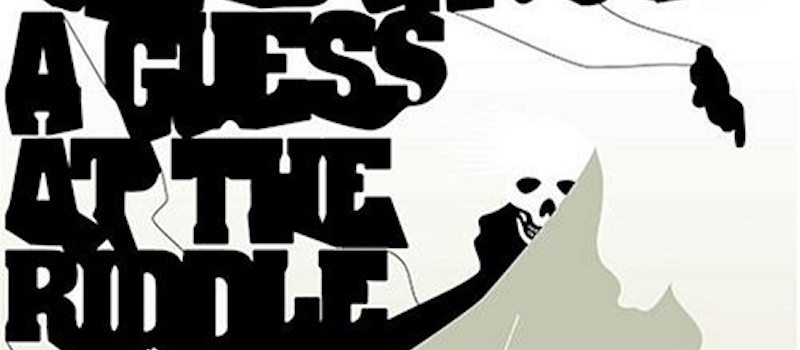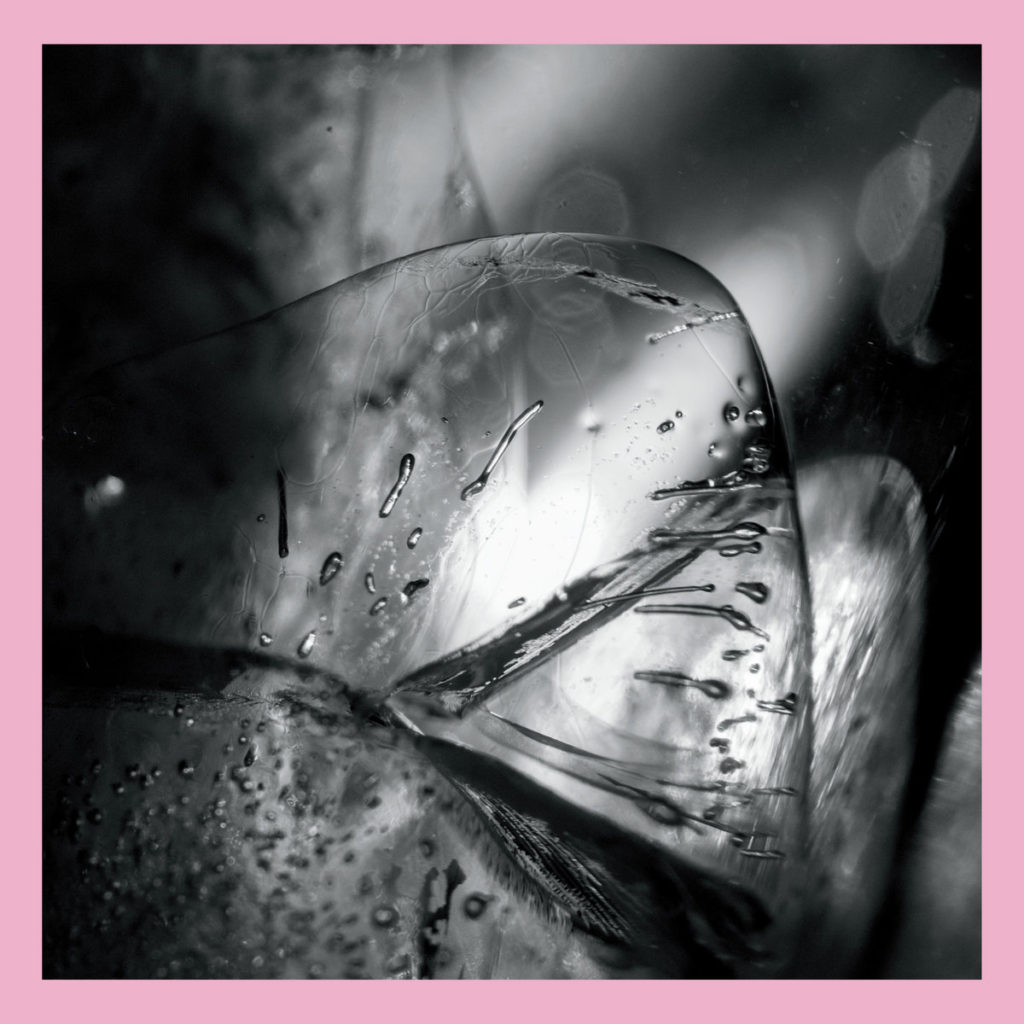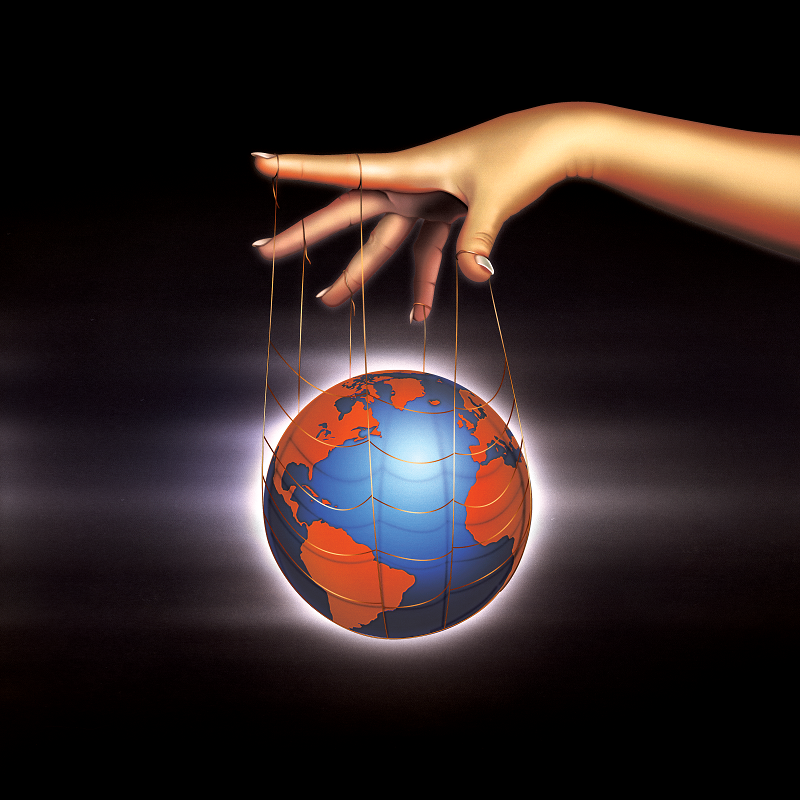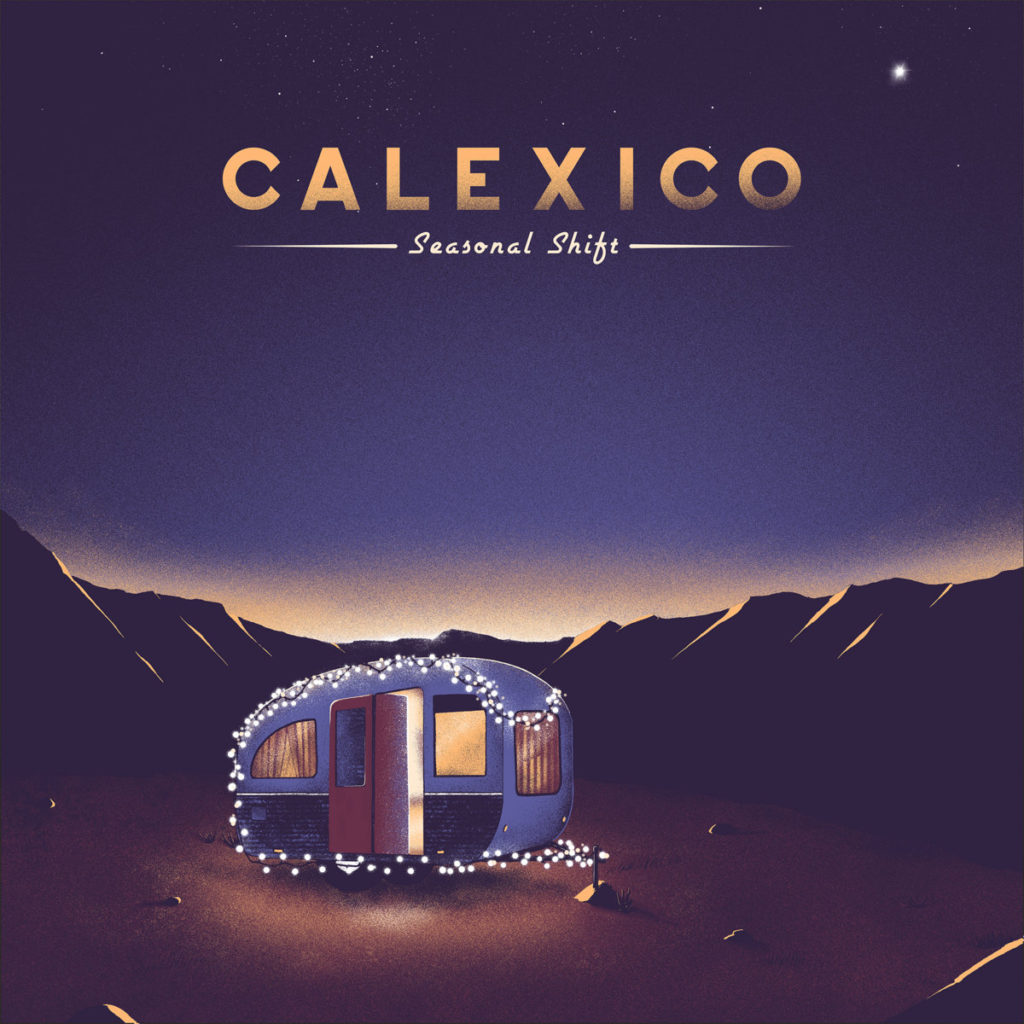David Grubbs may be his own worst enemy.
One of the forefathers of that wondrously ambiguous indie genre known as post-rock, Grubbs seemed to get slapped with the “genius” tag before he was even in short pants — way back in his teens with Louisville punk luminaries Squirrel Bait.
Then there was Bastro, where the textures and times and themes moved further on their journey from the emotive to the cerebral and a clearly unique voice began to form.
The sorely missed Gastr del Sol, whose career spanned just half a decade, could arguably be called a high water point of sorts. Alongside Jim O’Rourke, some say Grubbs crafted his most mysterious and engaging work.
Then DG went solo.
The resulting work tracked the artist, it seems, from Chicago to Brooklyn, and is well-crafted and clearly set in Grubbsian tones, from the chilling repetitions of Banana Cabbage, Potato Lettuce, Onion Orange and the postmodern patchwork of The Thicket to the warm folksiness of The Spectrum Between and the dissonant pop of 2002’s Rickets & Scurvy.
The records were good, even great, but they weren’t works of genius. If some other guitar-fixated indie figurehead knocked this stuff out, it would no doubt be lauded.
But one of the two geniuses behind Gastr? Nothing can topple such looming expectations. Ditto A Guess at The Riddle, though it puts up a pretty damn good fight through and through.
For those following the Grubbs arch, A Guess at The Riddle seems more a continuation of the dissonant— but oddly airy — craft of Rickets & Scurvy than the incredibly engaging experimentalism of less song-oriented offerings like Thirty-Minute Raven, the wonderful Act Five, Scene One or The Coxcomb/Avocado Orange.
So, in much of the first half of the 12-track disc, we get bouncy, full-band pop (track 1, “Knight Errant”) and emotive odes (track 3, “Wave Generators”), assists from Matmos and Rick Moody, and the whole package neatly wrapped up with Grubbs’ sincere but composed delivery.
There are stand-outs, to be sure. On “A Cold Apple,” Grubbs’ vocals teeter on revealing a kind of vulnerability as he sings “To-be-savored/ Sunday morning/ In North Carolina/ In Nineteen-Fifty-Something;” on the heart-breaking “Wave Generators,” the expected unexpectedness of a Grubbs guitar passage fades into a sweet lullaby thanks to the hush and hum of Nikos Veliotis’ cello; on “You’ll Never Tame Me,” a descent into piano is aided and abetted by quirky electronic interjections from Matmos that echo Markus Popp.
The second half of the record, ushered in largely by “You’ll Never Tame Me,” tries to open its arms a little wider by favoring more experimental refrains. It succeeds, to a degree.
“Your Necks in the Woods” and the pensive “Hurricane Season” pay a strange, reflexive homage to some of Grubbs’ mid-‘90s work with Codeine, but pepper the proceedings with subtle percussion and electronics, strings, bass patterns, backing vocals and even the occasional drum roll.
“Hurricane Season,” much to O’Rourke’s liking, I’d imagine, ends taking in deep breaths of feedback, controlled noise and pseudo-electronic drones. The somewhat self-explanatory “Coda (Breathing)” is interesting but seems to walk into frame at the wrong time.“Pangolin” is less ambitious, but has a shimmering depth thanks to a slinky bass line and an unamplified electric guitar.
Sadly, though, some of the songs here could feel less than engaging for Grubbs fans who want to see the man return wholeheartedly to opaque lyricism and Upgrade and Afterlife-era musique concrete by straying off the course to becoming, well, Mayo Thompson or Stephen Prina. (It should be noted here that one track on A Guess at The Riddle is penned by Thompson.)
Thompson and Prina are great musicians in their own right but Grubbs’ work seemed to resonate more when he used artists such as them as influences and not as road markers.
So, here’s the rub. What can you say about a record that, on its technical merits and songwriting, sounds great, but feels like it falls short due to the anticipation drummed up by the name on the CD sleeve? It’s one of Grubbs’ better solo offerings — and arguably more of a bridge between his avant-pop leanings and more experimental compositions than anything since maybe The Thicket — but does it live up to the reputation of its author? Your guess at the riddle’s as good as mine. – Delusions of Adequacy, Aug. 5, 2004




